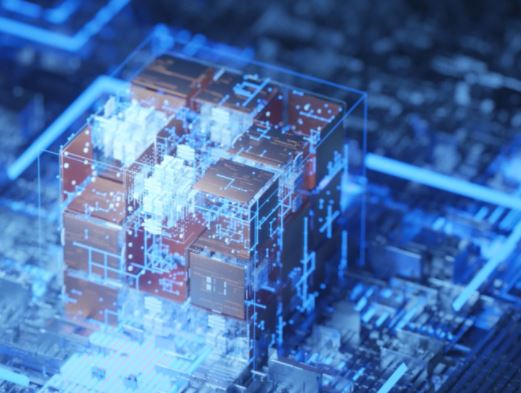Microsoft's next-generation HoloLens processor will feature an AI coprocessor

Microsoft's next-generation Holographic Processing Unit (HPU) will incorporate an AI coprocessor, Microsoft officials have announced.

The coming HPU is currently under development, according to information Microsoft shared on July 23 at the CVPR (Computer Vision and Pattern Recognition) 2017 conference. This coprocessor will be for implementing deep-neural networks.
During a keynote at the conference, Harry Shum, executive vice president of Microsoft's AI + Research Group, showed off "an early spin of the second version of the HPU running live code implementing hand-segmentation," Microsoft officials said in a blog post.
Microsoft developed its own custom HPU multiprocessor when designing the current HoloLens goggles. The HPU can process the information from the device's on-board sensors.
Microsoft officials have been talking up the company's focus on moving more processing power to the "intelligent edge," as of late. I'd think the coming HoloLens with this new processor, would fit nicely into that vision.
Microsoft officials have not talked much, if at all, about what's coming in its next HoloLens device. According to reports, Microsoft dropped work on its HoloLens 2 headset, which was expected to debut in 2017, instead, going directly to Version 3. This third iteration of the HoloLens may debut in late 2018 or early 2019, according to sources. I'd assume this will be the device to incorporate the coming HPU with the AI coprocessor.
Microsoft has turned its promotional push in the augmented/mixed reality space this year to mixed reality. The Windows 10 Fall Creators Update release will incorporate Holographic Shell features that will support coming devices from Microsoft partners like Acer and HP, that will be capable of handling Mixed Reality scenarios.
In other news from CVPR 2017, Microsoft researchers also presented on the MXNet deep learning framework. While there's no blog post or paper about that talk, Microsoft officials have mentioned the company's support of MXNet -- an open-source framework for deep neural-network processing -- in other blog posts.